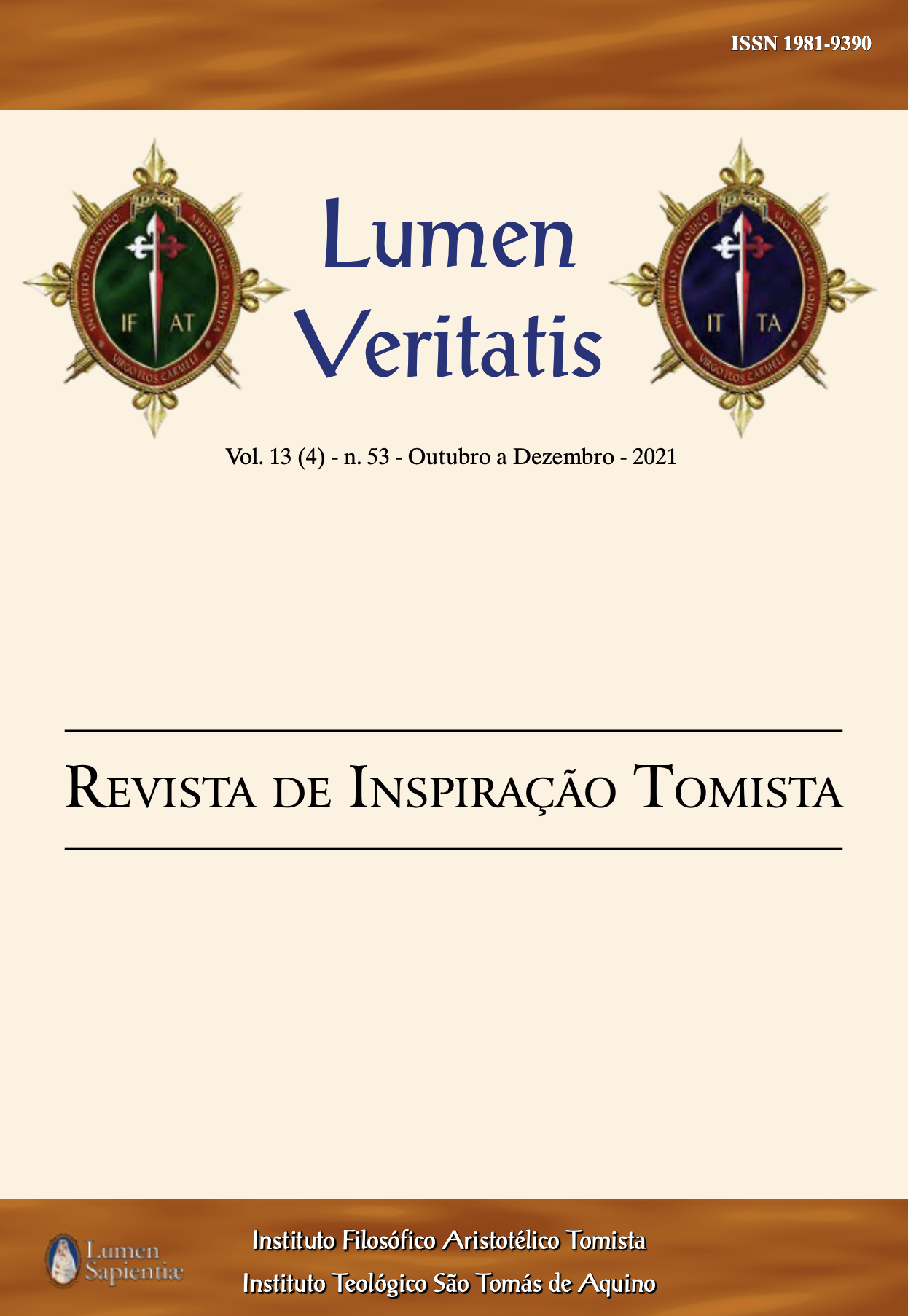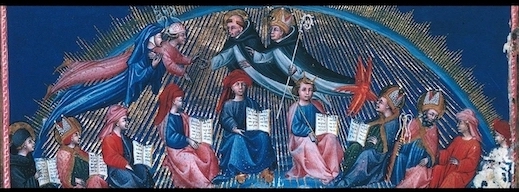Canonização e Infalibilidade: uma Sentença aquém da Certeza Absoluta e além da Certeza Moral comum
Palavras-chave:
Canonization, Infallibility, Absolute Certainty, Moral Certainty, Canonização, Infalibilidade, Certeza Absoluta, Certeza MoralResumo
A complexidade multidisciplinar do tema da infalibilidade das canonizações contribui para o longo, profundo e matizado debate teológico aberto em torno a essa interessante questão. O Magistério vivo da Santa Igreja tem se pronunciado explicitamente apenas sobre o enquadramento das canonizações no 2º grau das verdades doutrinais propostas aos fiéis em matéria de fé e moral, mas não explicitamente sobre a sua infalibilidade. No presente artigo, a análise do conceito de «certeza moral», aplicado ao caso específico, permite entender melhor a qualificação teológica das canonizações dos santos. Com efeito, essa certeza moral se encontra entre dois extremos. De um lado, ela está aquém da certeza absoluta e, neste sentido, se explica que a canonização não seja uma «verdade infalível» (1º grau das verdades doutrinais). De outro, ela está além da certeza moral comum – ou seja, aquela que é necessária e suficiente para uma sentença justa – e, neste sentido, se explica que ela seja uma «verdade definitiva» (2º grau das verdades doutrinais). /// The multidisciplinary complexity of the topic of the infallibility of canonizations contributes to the prolonged, profound, and multifaceted theological debate regarding this interesting question. The living Magisterium of the Holy Church has explicitly pronounced itself solely with respect to the framework of the canonization within the second level of doctrinal truths proposed to the faithful with respect to faith and morals, but not explicitly with respect to its infallibility. In the present article, the analyses of the concept of “moral certainty”, applied to a specific case, permits us to better understand the theological qualification of the canonizations of saints. As such, this moral certainty is found between two extremes. On one hand, it falls short of being an absolute certainty, and in this sense, it is understood that a canonization is therefore not an “infallible truth” (1st level of doctrinal truths). On the other hand, it is beyond a common moral certainty – that is, that which is necessary and sufficient for a just sentence – and in this sense, it is clear that it is a “definitive truth” (2nd level of doctrinal truths).






